On April 26, a representative of Nestlé Group said that it is currently supporting farmers in countries to transition to a regenerative food system, including Vietnam, to protect and contribute to environmental restoration, improve farmers' livelihoods, and enhance the quality of life of communities and consumers.
Accordingly, to promote the transition to a regenerative food system, the group has implemented many programs to promote regenerative agriculture in livestock and crop farming; committed that by 2030, 50% of the main ingredients in the group's products must come from regenerative agricultural sources.
In the coffee sector, the group recently announced the Nescafé Plan 2030 program to support the transition to regenerative agriculture, while contributing to realizing its commitment to net zero emissions by 2050 (Net Zero); in which, Vietnam is one of the 7 key markets where the group is implementing Nescafé Plan 2030.
We are working with around 600,000 farmers around the world , mostly smallholders, said Chris Hogg, Vice President of Sustainability and Communications for Asia, Oceania and Africa at Nestlé. Each region and each farm has its own unique characteristics, so regenerative farming methods are designed by Nestlé agricultural experts or Nestlé in conjunction with agricultural experts to suit different conditions, but have in common the characteristics of being easy to implement, affordable and replicable.
In Vietnam, we are supporting the transition to regenerative agriculture through the Nescafé Plan program, which has been implemented since 2011 and has successfully connected 21,000 coffee farming households in the Central Highlands provinces. The program has contributed to improving the quality of Vietnamese coffee beans, while helping to increase farmers' income by 30-100%, reducing CO2 emissions per kilogram of harvested coffee.
“For transformation to be truly effective, not just a slogan, we need to put farmers and farm workers at the heart of the design of programs, and ensure that these programs benefit communities,” said Chris Hogg.
From his experience implementing regenerative agriculture in other countries, Mr. Chris Hogg emphasized that the biggest challenge when applying new farming methods on farms is the trust of farmers - this is the decisive factor for the success of the transformation.
THANH HAI
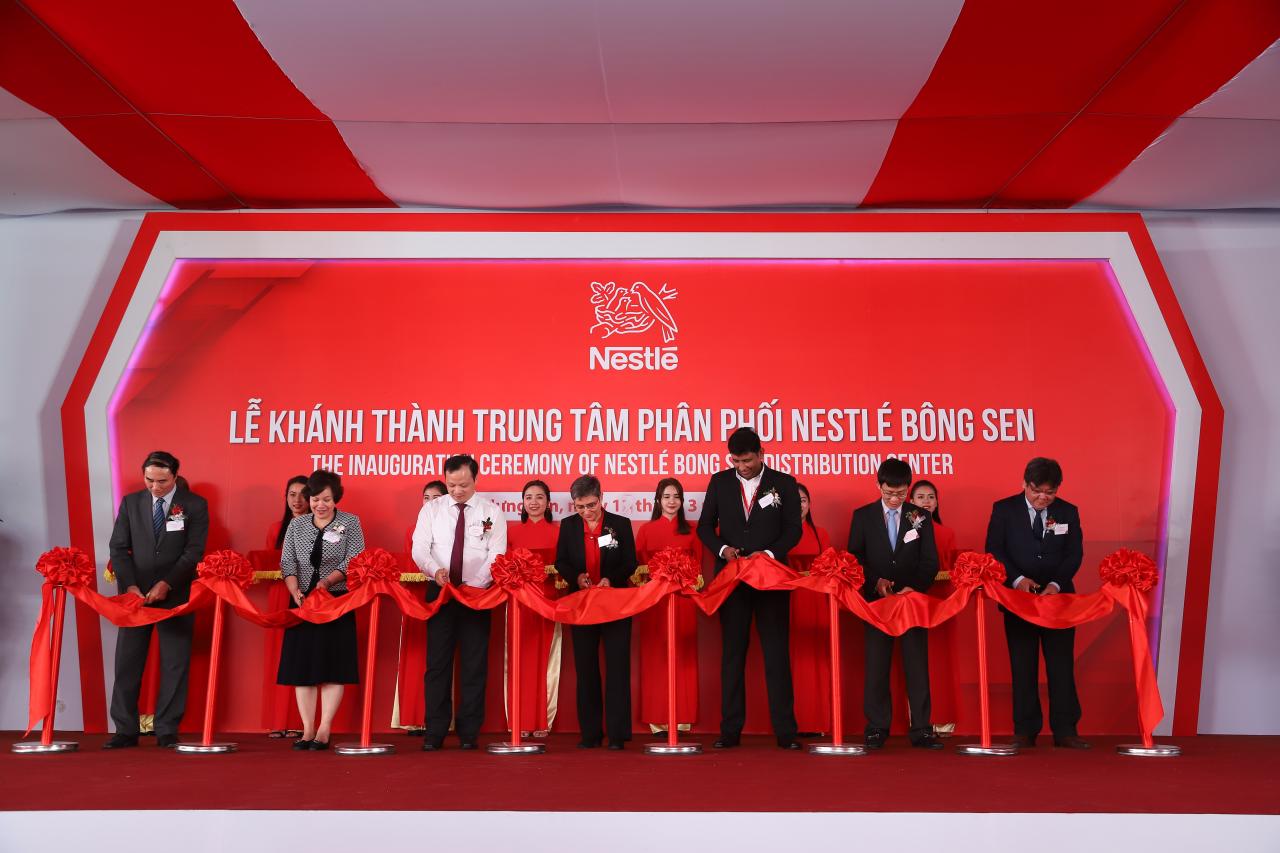
Nestlé Vietnam expands investment in Hung Yen
QĐND Online - Nestlé Vietnam Company has just officially inaugurated the Nestlé Bong Sen Distribution Center in Thang Long II Urban Area in My Hao District, Hung Yen. This is the largest Distribution Center in the Northern region of Nestlé Vietnam, the first enterprise to introduce Obiter Robot technology into the distribution center system in Vietnam.
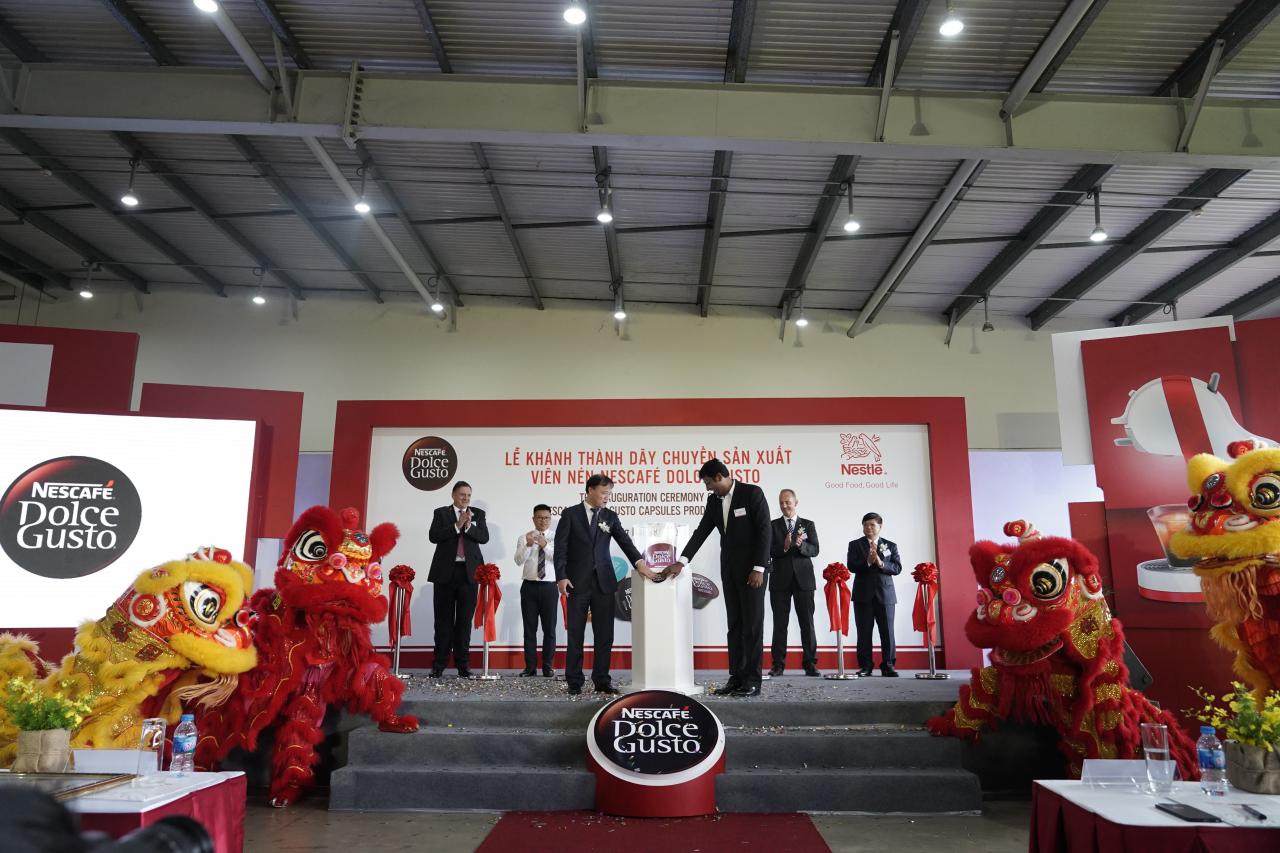
Nestlé enhances the value of Vietnamese coffee beans
QĐND Online - Nestlé Vietnam Company has just cut the ribbon to inaugurate the NesCafe Dolce Gusto capsule production line at Nestlé Tri An Factory, Amata Industrial Park, Bien Hoa, Dong Nai Province.
Source


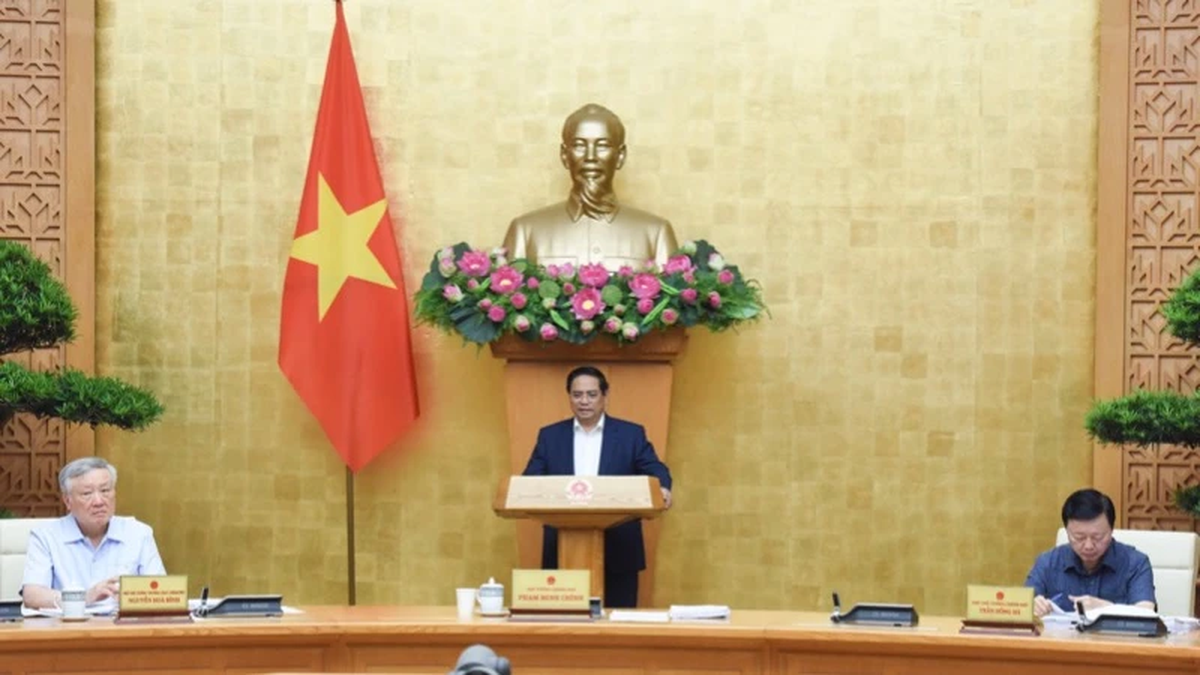
![[Photo] General Secretary To Lam chairs a working session with the Central Internal Affairs Commission](https://vphoto.vietnam.vn/thumb/1200x675/vietnam/resource/IMAGE/2025/5/22/3b7790f499da45b2803d8ae253207ef1)


![[Photo] Prime Minister Pham Minh Chinh chairs the Government's special meeting on law-making in May](https://vphoto.vietnam.vn/thumb/1200x675/vietnam/resource/IMAGE/2025/5/22/1c880aae96fd4e0894abc47a46fe19ba)

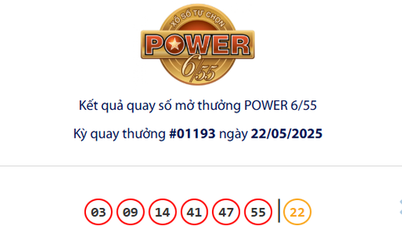



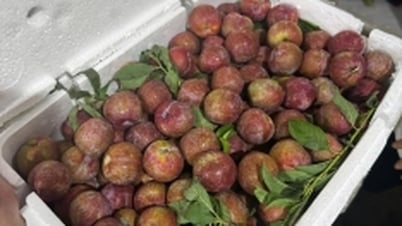

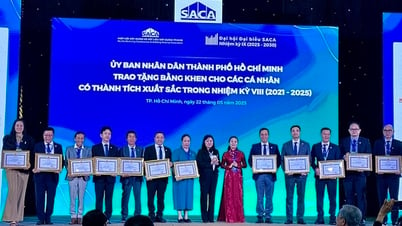






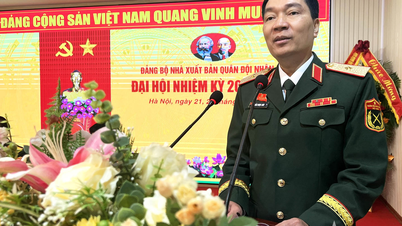
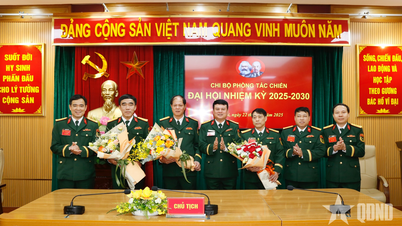
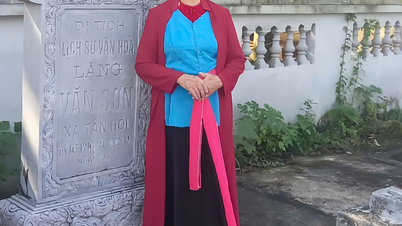
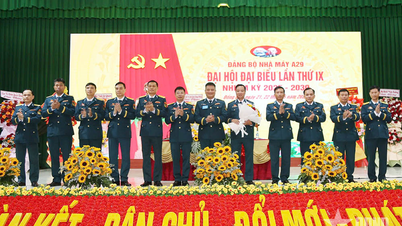
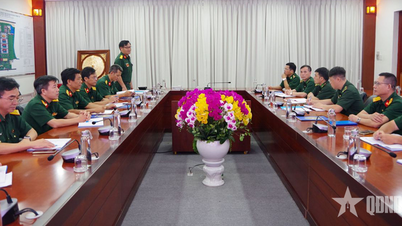
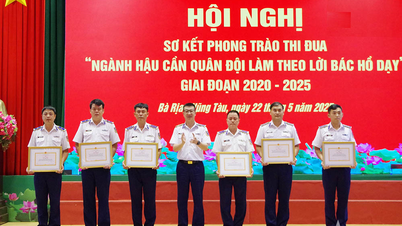






















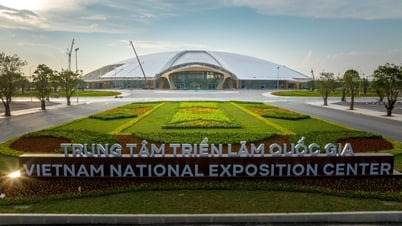

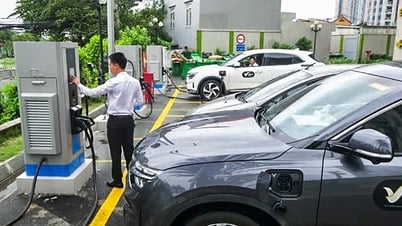
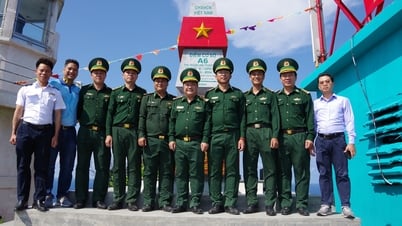










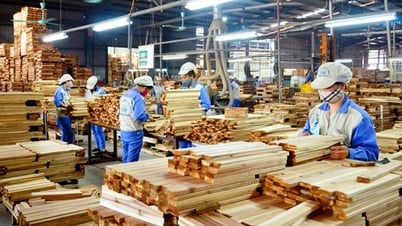


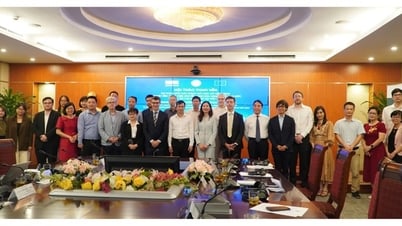


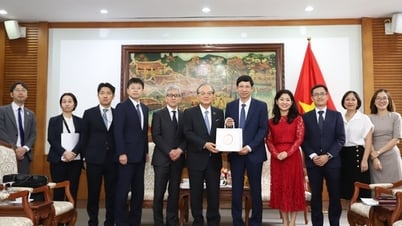
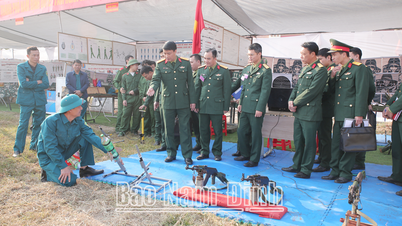

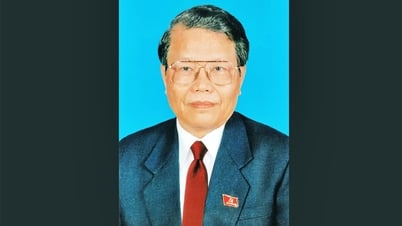

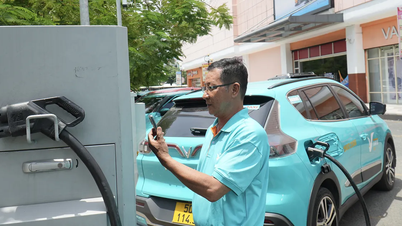

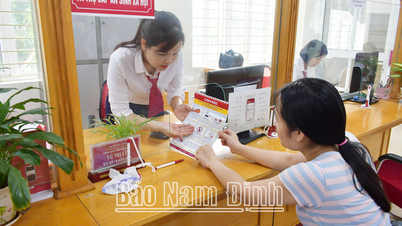
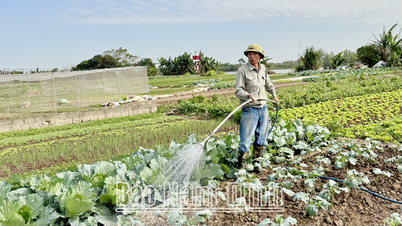
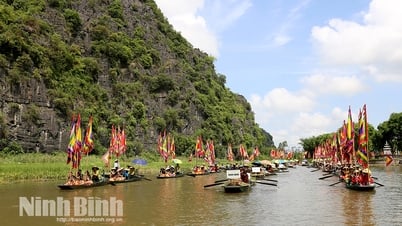



![[Podcast] Week introducing more than 500 OCOP products in Hanoi](https://vphoto.vietnam.vn/thumb/402x226/vietnam/resource/IMAGE/2025/5/22/d144aac2416744718388dbae3260e7fd)





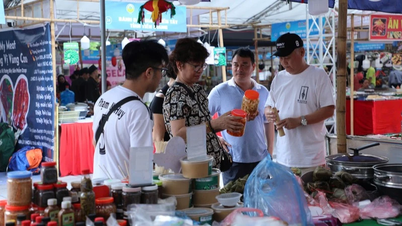
Comment (0)